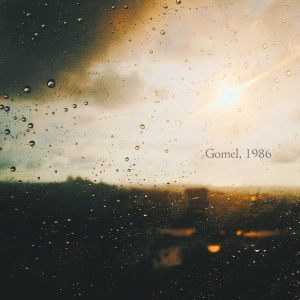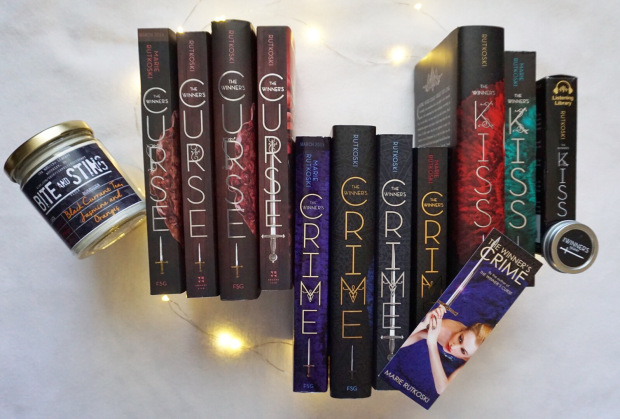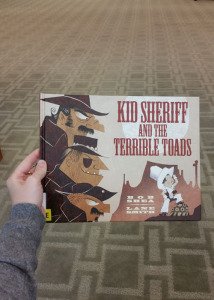 In her book Chernobyl Prayer, Svetlana Alexievich says that “Chernobyl is, above all, a catastrophe of time. The radionuclides strewn across our earth will live for 50,000, 100,000, 200,000 years. And longer. From the perspective of human life, they are eternal.” If there’s anything we’ve learned from the past two centuries, it’s that even as our buildings and great works will disappear, our disasters will not. As of today, catastrophe permeates our everyday life, lightly touching our senses in every strange occurrence we manage to capture in our local weather; it is not Bach’s music what approaches the divine, it is the cacophony of clicks and beeps of sensor machines what is perhaps closest to the endless droning of a future without us.
In her book Chernobyl Prayer, Svetlana Alexievich says that “Chernobyl is, above all, a catastrophe of time. The radionuclides strewn across our earth will live for 50,000, 100,000, 200,000 years. And longer. From the perspective of human life, they are eternal.” If there’s anything we’ve learned from the past two centuries, it’s that even as our buildings and great works will disappear, our disasters will not. As of today, catastrophe permeates our everyday life, lightly touching our senses in every strange occurrence we manage to capture in our local weather; it is not Bach’s music what approaches the divine, it is the cacophony of clicks and beeps of sensor machines what is perhaps closest to the endless droning of a future without us.
Gomel, 1986 is an endeavor by Naviar Records and the Food of War art collective, an album made from contributions by different artists in order to commemorate the 31st anniversary of the Chernobyl disaster. Its name indicates a space and time, the Gomel region of Belarus where the Soviet government, according to the liner notes, “used artillery shells filled with silver iodide to make rain clouds that would “wash out” radioactive particles which were drifting towards densely populated cities. Witnesses say that that day in 1986 they saw black rain falling from the sky.” In Alexievich’s book, the scale of the disaster surpasses the scale of the human so transcendentally that it acquires a certain mystique, a mythical framework for understanding. The artists collected here were asked to picture those black Gomel days, and they all use ambient, drone, and field recording techniques to do so. These are all perfectly apt to represent the disaster, blurring any sense of time by discarding beats altogether and engaging with electronic and found sounds that sway back and forth, falling like leaves, settling in layers like radiation. Together, these tracks constitute a shining heart of chemical reactivity in a somber landscape that remains unapproachable, hard to hear and yet easy to imagine as a wasteland. Gomel is at a loss of time and space, even in its specificity, every track evoking an emptiness in the continuum, a blank space of a magnitude so terrible it is incomprehensible without recourse to fantasy, to the myth in which we can keep on living as if history was but a waking nightmare.
The sense of emergency with which the album’s opening track bursts forward in its use of radio recordings and musique concrète techniques becomes gradually normalized, its tone slowly integrating alarm into the depths of the quotidian. The horror has settled upon the earth, and all that now grows from it exhales it into the atmosphere, not in shock, not in denial, but in daydreams. It all falls back as “obscured rain”, as the potent articulation of receding soundscapes and almost imperceptible drones that flow all across the album, an unconscious comparable perhaps not to the (ancient) sea but to the bright, unknown insides of the (modern) Shelter Object. If you stripped these tracks of the context, they’d still evoke a regularized state of emergency as well as something disturbing in the background, as if watching closely the beauty of the barren moon, the alluring and yet serene majesty of lifelessness.
The paths towards hope are many, and while a happy outlook is the most straightforward, Gomel, 1986 provides something that is just as vital: a sadness that will help you go on. Its bright yet somber moments are still and uncomfortable, but even at its most empty there is a melancholic note that goes back to the human, to the fact that it is we who have broken the timeline. There is no warmth in this conclusion: it is a cold form of hope, of remembering in the name of those who have forgotten, remembering that it is in catastrophe where we are finally able to glimpse into eternity having now learned that it is nothing. (David Murrieta)
Share this:






